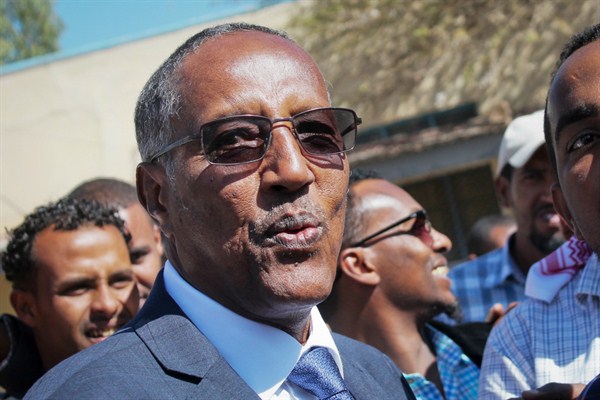The candidate of Somaliland’s ruling party, Musa Bihi Abdi, was finally declared the new president of this semi-autonomous region of northwestern Somalia late last month, after eight days of counting, recounting and closed-door negotiations between him, his main rival and the National Electoral Commission. Now Bihi faces the task of dealing with Somaliland’s many challenges, most of all turning a nascent democracy and East African success story into a fully functioning and independent state recognized by the world.
The election was declared peaceful and free by both local and international observers, who despite concerns claimed to have “observed a poll that in the main seems to have preserved the integrity of the electoral process.”
But less than 24 hours after the closure of the polls on Nov. 13, Bihi’s main rival in the race, Abdirahman Mohamed Abdullahi, the candidate from the opposition Waddani party, complained of irregularities, sparking protests that resulted in several deaths and injuries. Fearing that the situation could escalate further, the electoral commission agreed to a partial recount. Days later, the commission announced Bihi’s victory with 55 percent of the vote. Irro, as Abdullahi is known in Somaliland, won 40 percent. Faisal Ali Waraabe of the For Justice and Development party finished a distant third with about 4 percent of the vote.

